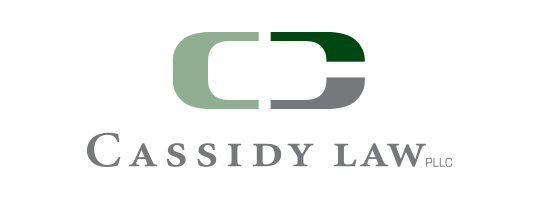There is an old saying that good lawyers run away from risk while good businesspeople run toward risk. Often businesspeople believe “no risk” means “no reward,” and lawyers think risk means disaster – orange jumpsuits, lawsuits, and bankruptcy. In reality, lawyers and businesspeople are both right, because not all risks are created equal. Many risks can be managed or calculated to improve a business’ growth or provide a competitive edge, while other risks are nothing but trouble. How does a business know the difference and how can lawyers help businesses figure it out? As an ethics and compliance attorney, this question fascinates me, and I love working with my clients to get to the right answer so their great business opportunities do not become a comedic skit like John Oliver’s on GM, or worse – jumpsuits and lawsuits and bankruptcy.
It seems at times that corporations and their leaders do not get the right answer when it comes to risks, and the result is trouble in the form of: bribes, mortgage and accounting fraud, hiding assets or inflating earnings, and, of course, the ever-popular insider trading, to name but a few examples. Corporations also get slammed because of what they pay their CEOs versus other employees workers, for not paying taxes, for leaving the US to achieve less tax exposure, and for how they handled defective products.
It all adds up to a lot of negative media and a lot of people complaining about companies, wanting those companies to be punished, and believing that most companies are filled with scoundrels. The prosecutions, the fines, the proven wrongdoings are facts that I will not dispute here. I will say that when I read a formal complaint against a company or the settlement agreement prosecutors reached with the company, I am often appalled at the greed, poor judgment, weak character, and down right criminal behavior that occurred.
That said; I will dispute the idea that companies and their employees set out to run their business off of greed and with criminal minds from the outset, ignoring all ethics and risks just to make money, or the idea that if they break the law to make money, so be it. In my practice, I have worked with the biggest of the big (e.g., General Electric) and the smallest of the small (a retired military officer who started his own business and had one contract), and I have found in many of these instances, leaders and companies struggle to get it right: spending money, time, intellect and energy to make sure that their business decisions are ethical and legally sound. The simple truth is this: big or small, corporations are made of people, and most people want to do the right thing – not all people, but most people. There are countless reasons why corporations and individuals do the wrong things. But, that does not mean all corporations are greed machines and all their employees are fraudsters.
Corporations employ us; they develop innovative solutions to complex problems; they bring us products and services we need; they generate economic growth; and, many of them spend a lot of money and people hours devoted to sharing their funds, their knowledge and their time for not a dime. Many of the corporate executives I have worked with love their jobs, love solving the problems of business, and would most likely show up to work even if they were not paid at all. There were times when I worked in corporate America that I loved my job so much I would have worked for free. Read Harvard Business Review and you will find that the thought leaders in business encourage personal and professional growth, making decisions of integrity, as well as sound business practices.
I started my law firm believing businesses and their leaders want to do right by identifying risks and avoiding those that are illegal or unethical. But, to do so sometimes they just need to hear a clear definition of what right is so they can do it. They push back, argue, and even get angry about what the law may be, but in my experience, with clear direction from a lawyer, they end up towing the line. In this blog, I will explore the intersection of law, business and ethics: what lawyers bring to business, why lawyers need to have courage, and what business folks want from the law and how they can get there.
“The ambitious climbs up high and perilous stairs, and never cares how to come down; the desire of rising hath swallowed up his fear of a fall.” — Thomas Adams (1640)

